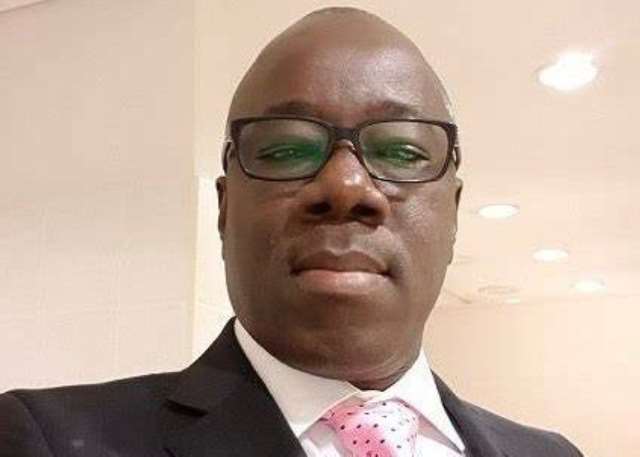Ghana’s current political landscape, characterized by the National Democratic Congress (NDC)’s super-majority in Parliament, presents a potential threat to the country’s democratic stability, according to Dr. Rasheed Draman, Executive Director of the African Centre for Parliamentary Affairs. This dominance, attained after a recent by-election victory, grants the NDC an overwhelming 184 seats out of 276, empowering them to pass legislation and make critical decisions virtually unchecked by the minority opposition. Dr. Draman’s concerns stem from the pervasive observation that unchecked majoritarian rule often devolves into tyranny, particularly when the ruling party operates with unwavering internal discipline, adhering strictly to party lines without allowing for independent thought or dissent. This inherent danger is magnified in Ghana, where the democratic framework is still nascent and vulnerable to manipulation by those wielding significant political power.
Dr. Draman’s apprehension is amplified by the NDC’s ability to unilaterally amend the constitution, given their two-thirds majority. This power, while democratically acquired, poses a serious risk of constitutional overreach, potentially undermining the very foundations of Ghana’s governance structure. The absence of a robust, independent check on the ruling party’s legislative power creates an environment ripe for the abuse of authority. He argues that only public outrage, fueled by vigilant media scrutiny, can serve as an effective deterrent against such potential abuse. The media’s role as a watchdog is therefore paramount in safeguarding against constitutional manipulation and maintaining the integrity of the democratic process.
The super-majority also presents a significant challenge to the spirit of deliberation and debate within Parliament. With such overwhelming numerical superiority, the NDC faces little incentive to engage in meaningful dialogue with the opposition or consider alternative viewpoints. This can lead to the swift passage of bills into law without adequate scrutiny, critical analysis, or consideration of potential consequences. The potential for rubber-stamping government policies without thorough examination undermines the principle of checks and balances essential for a healthy democracy. Furthermore, this dynamic can marginalize independent voices, including civil society organizations and the media, further eroding democratic accountability and transparency.
The implications of the NDC’s dominance extend beyond legislative processes and impact the broader political landscape. The decreased need for negotiation and compromise can lead to an increasingly polarized political environment. The minority opposition, rendered largely powerless, may resort to extra-parliamentary means to express their dissent, potentially fueling social unrest and instability. This dynamic can also erode public trust in democratic institutions, as citizens perceive the system as rigged in favor of the ruling party. The absence of meaningful opposition representation can create a sense of disenfranchisement among large segments of the population, further undermining democratic legitimacy.
Dr. Draman’s warning underscores the importance of a robust and independent media in holding the ruling party accountable and ensuring that the principles of democratic governance are upheld. He urges the media to actively scrutinize the activities of the majority caucus and the business of Parliament, highlighting any potential instances of overreach or abuse of power. Investigative journalism, critical analysis of legislative proposals, and robust public debate are crucial in ensuring that the NDC’s dominance does not translate into tyranny. The media’s role in educating the public about the potential risks of unchecked power is essential in fostering a culture of civic engagement and accountability.
In conclusion, Ghana’s current political situation, marked by the NDC’s super-majority, presents a delicate balancing act. While the democratic process has granted the NDC significant power, the potential for this power to be misused poses a serious threat to the country’s democratic foundations. A vigilant and independent media, empowered by robust press freedoms, is crucial in navigating this challenge and ensuring that Ghana’s democratic experiment remains on a path towards greater stability and inclusivity. The media’s role in fostering public awareness, facilitating informed debate, and holding those in power accountable is more critical now than ever before.


